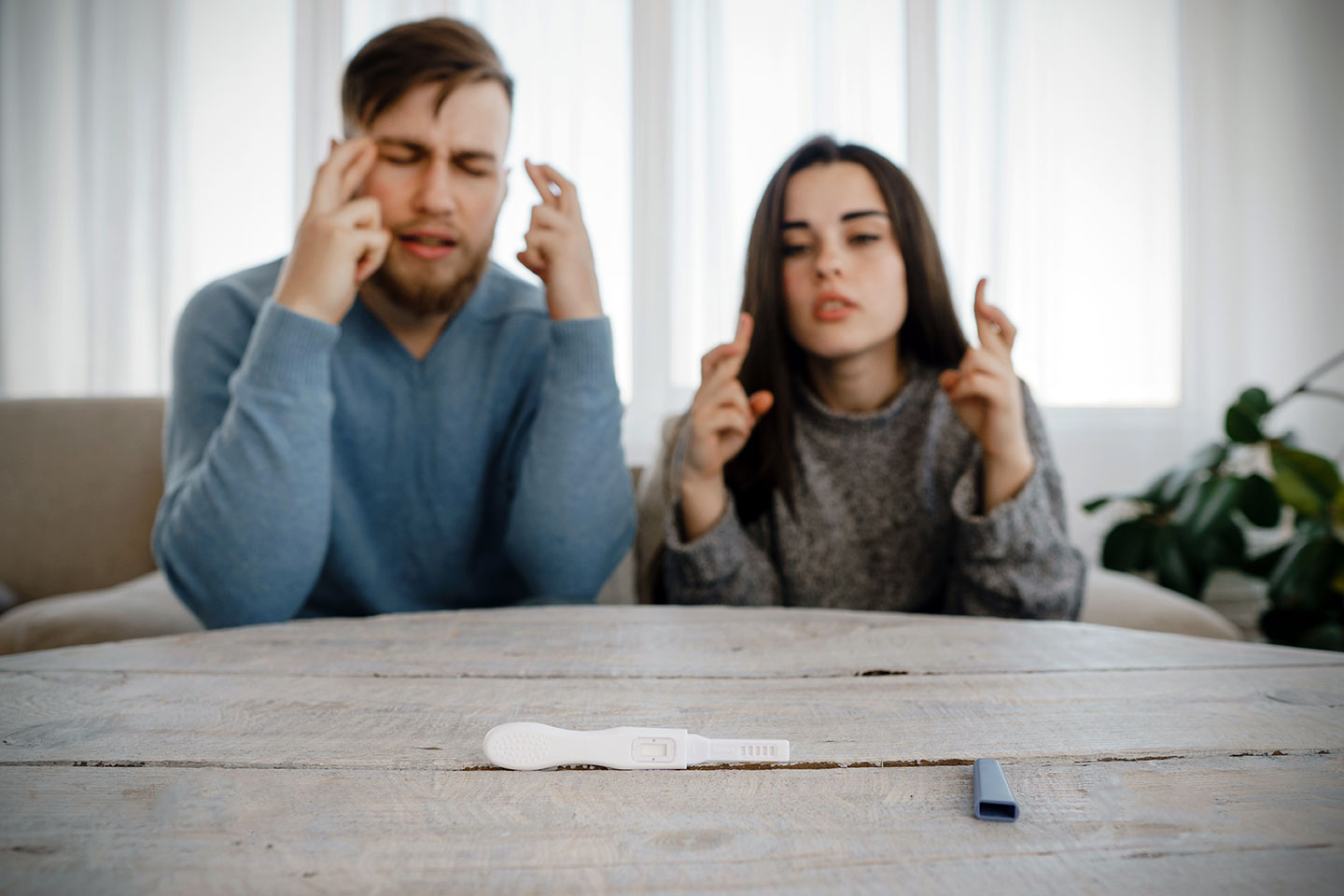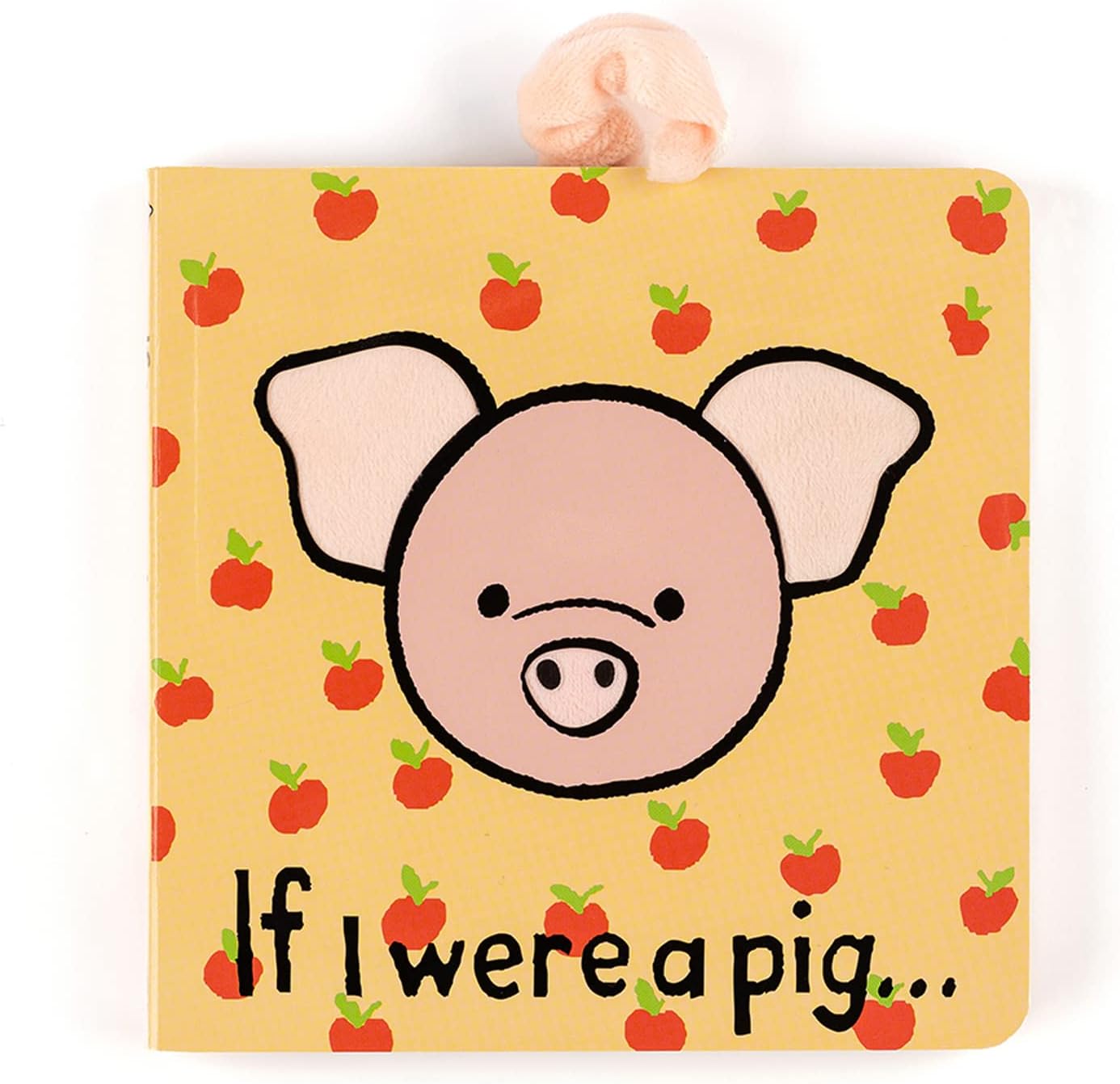Many women spend most of their young adulthood avoiding getting pregnant, so how long does it take for it to actually happen?
Surprisingly, getting pregnant can take longer than expected. Age, lifestyle, health all play a role in getting pregnant, as well as timing sex with ovulation.
How Common is Infertility?
Luckily, getting pregnant can take some time, but does typically happen within a year for the majority of couples trying. Infertility occurs in about 1 out of every 8 couples, or 12% of women.
Odds of Getting Pregnant
Of all of the couples trying to conceive:
- 30% get pregnant within the first cycle (about one month).
- 60% get pregnant within three cycles (about three months).
- 80% get pregnant within six cycles (about six months).
- 85% get pregnant within 12 cycles (about one year).
- 91% get pregnant within 36 cycles (about three years).
- 93 to 95 percent get pregnant within 48 cycles (about four years).
Experts recommend that you see a doctor or fertility specialist if you have been trying for a year with no success of getting pregnant.
In one study, couples that timed intercourse with ovulation had higher success rates!
- 38% were pregnant after 1 cycle (8 percent increase)
- 68% were pregnant after 3 cycles (8 percent increase)
- 81% were pregnant after 6 cycles (1 percent increase)
- 92% were pregnant after 12 cycles (1 percent increase)
Should I Worry That I’m Not Pregnant Yet?
Usually, no! You may be feeling impatient, but just know that pregnancy can take time. If you and your partner are both generally healthy, you should see a doctor about the chances of infertility if you’re:
- 35 or younger and you’ve been trying to get pregnant for a year
- over age 35 and you’ve been trying for more than 6 months
It’s easy to obsess over every symptom or possibility – it’s best just to relax, wait for ovulation, and enjoy the process!





 Jellycat If I Were a Pig Book
Jellycat If I Were a Pig Book